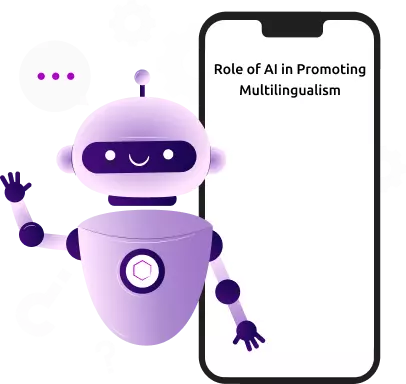- Our Writers
- How to Order
-
Services
Essays
Papers
- Why Us
- Resources
Imagine having an editor that works tirelessly by your side, tirelessly scanning every word, sentence, and paragraph of your essay, tirelessly seeking perfection.
Imagine a writing assistant that not only corrects your grammar and spelling, but also helps you to refine your ideas, sharpen your clarity, and enhance your creativity. That is the promise of AI.
In this blog, we invite you to explore AI-driven essay writing, where we will explain tips and strategies to unlock the full potential of these remarkable tools.
So, let’s get started!
Problem: Do you find it challenging to spot grammar and punctuation errors in your essays, even after multiple proofreads?
Solution: AI tools like Grammarly and PerfectEssayWriter.ai are your secret weapons. They analyze your writing in real-time, highlighting mistakes and offering suggestions. By using these tools, you can ensure your essays are polished to perfection. Run your essay through them and pay close attention to their suggestions. Over time, you'll learn from your mistakes and become a better writer.
Problem: Do your sentences often become long and confusing, leaving your readers scratching their heads?
Solution: AI can help simplify your writing. Tools like the EssayService.ai analyze your sentences and the content summarizer template offer suggestions for improvement. You can use the relevant templates to identify complex sentences, and then rewrite them to make your ideas clear and concise. Your readers will thank you for it.
Problem: Misspelled words and grammar errors can slip through the cracks of your proofreading process.
Solution: AI tools excel at catching these errors. Whether you're worried about typos or subject-verb agreement, AI can help. By running your essay through spelling and grammar checkers, you can ensure error-free writing. Take the time to review and accept the suggested corrections before finalizing your essay.
Problem: Are you tired of using the same words repeatedly in your essays?
Solution: AI-powered thesaurus tools can be your best friends. They suggest synonyms and alternative words to help you vary your vocabulary. By incorporating these suggestions, your writing becomes more engaging, and you avoid sounding repetitive.
Problem: Worried about unintentional plagiarism in your essays?
Solution: Built-in plagiarism checkers of AI tools like MyEssayWriter.ai and CollegeEssay’s AI writer are designed to maintain originality. They scan your work and compare it to a vast database of existing content to ensure your work is entirely your own. They address any potential issues before submitting your essay to maintain academic integrity.
Problem: Struggling to structure your essay logically?
Solution: AI can help you organize your ideas effectively. AI-driven outline generators of EssayService.ai and other tools provide valuable guidance. Use these tools to plan your essay's structure and follow the suggested outline for a more coherent and well-structured essay.
Problem: Feel like your writing lacks depth and engagement?
Solution: AI tools using NLP can analyze your text for patterns and insights. With these insights, you can infuse more engaging elements into your essays, making them more captivating to your readers.
Problem: Struggling to identify areas for improvement in your writing?
Solution: AI-generated personalized feedback can be your guide. Writing platforms equipped with AI provide detailed feedback tailored to your writing style. Act on these suggestions to enhance your writing skills gradually.
Problem: Need more writing practice and guidance?
Solution: Embrace AI-driven practice and learning. Many apps and platforms offer writing prompts and AI-generated feedback. Engage with these tools to refine your skills. The more you practice, the better you'll become.
Problem: Uncertain about how to combine AI and human editing effectively?
Solution: Finding the right balance is key. Start with AI for initial edits and corrections. AI can catch many errors and improve the overall quality of your essay. However, don't overlook the value of human editing. Collaborate with human editors for final touches and unique insights. Their human touch adds a layer of refinement to your work that AI alone can't achieve.
In conclusion, AI is your hidden weapon for better essay writing. By addressing common issues with these practical solutions, you'll unlock the full potential of AI essay writer tools and raise your essays to new heights. Follow these suggestions, and you'll find that AI is not just a tool but a valuable companion on your writing journey.

WRITTEN BY
Dr. Alex Mercer (Mass Literature and Linguistics, Masters )
Dr. Alex Mercer is a renowned author specializing in AI and academic writing, known for his insightful and informative blogs on EssayService.ai. With a passion for both technology and education, Dr. Mercer has established himself as a trusted voice in the field, providing valuable insights to students, educators, and technology enthusiasts alike.
Dr. Alex Mercer is a renowned author specializing in AI and academic writing, known for his insightful and informative blogs on EssayService.ai. With a passion for both technology and education, Dr. Mercer has established himself as a trusted voice in the field, providing valuable insights to students, educators, and technology enthusiasts alike.
On This Page On This Page
Share this article
AI-Powered Virtual Labs: Revolutionizing Science Education

How AI-Powered Writing Tools are Transforming Academic Writing
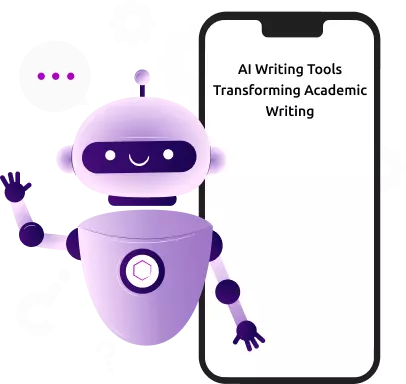
AI Writing Assistants: A Writer Best Friend or Worst Enemy?
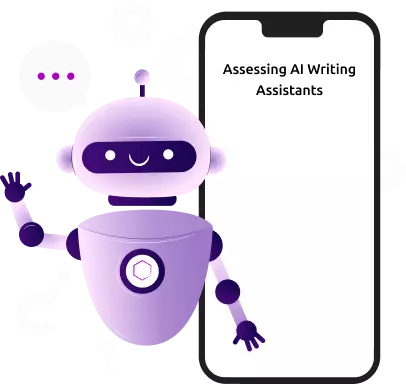
CopyAI vs. EssayService.ai
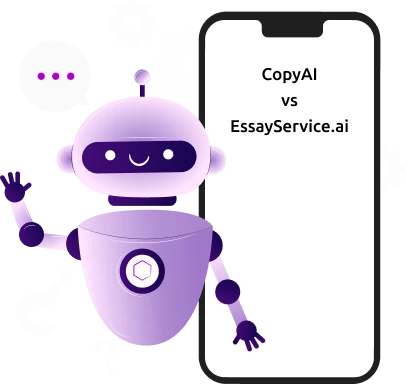
Jasper vs. EssayService.ai
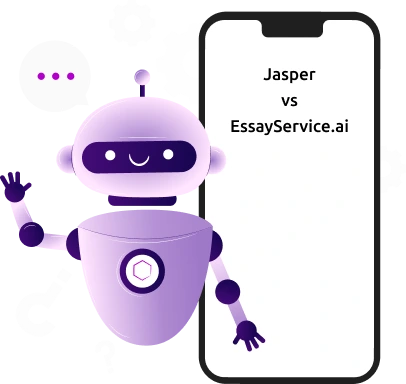
Rytr vs. EssayService.ai
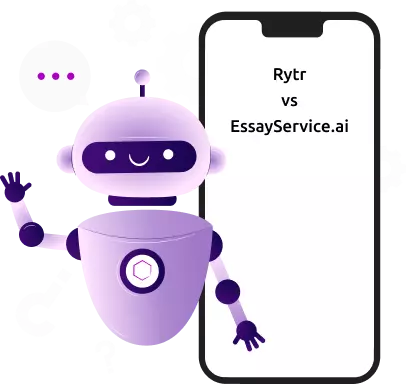
Smodin vs. EssayService.ai

Ethical Considerations in AI-Generated Content

Future Trends of AI in Academics

The Impact of Artificial Intelligence on Education: Current Trends and Future Possibilities

Improving Your Essay Writing with AI: Tips and Strategies
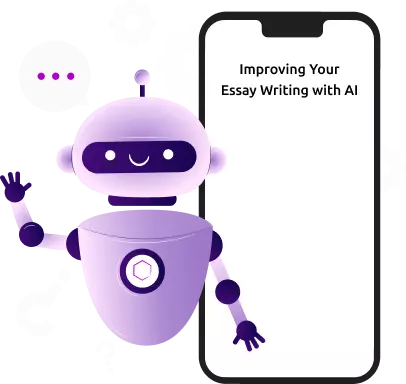
Natural Language Processing in Academic Writing: Tools and Techniques
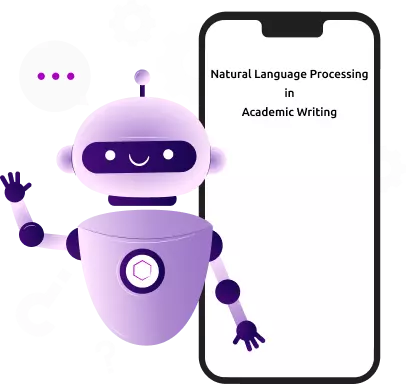
The Psychology of AI-Generated Content: How Do Readers Perceive It?
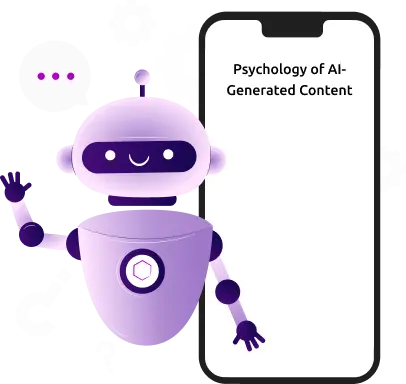
The Role of AI in Promoting Multilingualism: Breaking Language Barriers in Writing
